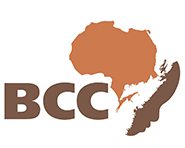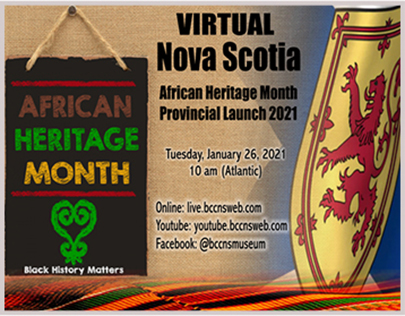War of 1812 Refugee Migration
- Home
- /
- Our History
- /
- The Refugees
The War of 1812 Refugees: 1812-1816
A third wave of Black migration into Nova Scotia came during and after the War of 1812, once again in connection with an international conflict. As had happened during the American Revolution, the British once again issued proclamations aimed at attracting Blacks in the United States to relocate to British colonies. As with the Black Loyalists, a large number of American Blacks once again chose freedom in Nova Scotia over slavery in the United States.
In 1813-1814, approximately 1200 Black Refugees from the Chesapeake Bay area of Virginia and from Georgia arrived in Nova Scotia aboard British ships. Another 800 southern American Blacks came to Nova Scotia at the end of the war via Bermuda. Smaller numbers continued to trickle into the province until 1816.
Though there was a labour shortage in Nova Scotia at the time, the Black Refugees were not welcomed. A number of the Refugees were quarantined on Melville Island, near Halifax, and the local House of Assembly petitioned to end the Black immigration. Lt. Gov. Sir John Sherbrooke dismissed the petition.
Almost 1000 Refugees ended up in Preston. Other areas settled by War of 1812 Refugees were Upper Hammonds Plains, Beech Hill (later Beechville) and Campbell Road (later Africville). Collectively, the newcomers faced discrimination in land grants, jobs and the distribution of supplies. Their situation was made worse by the “year with no summer” followed by the “year of the mice” – a crop-destroying infestation of rodents. There was also an economic recession at the end of the war.
Ninety-five Refugees would not make Nova Scotia their home – opting instead to migrate to Trinidad – but most did remain. They overcame obstacles of poor land and widespread racism to not only survive but to thrive. Some of their customs, language and religious practice are with the African Nova Scotia community to this day.
Online Bookings
As well as providing an excellent cultural and educational experience for school or group tours, the centre has wonderful facilities you can rent for your next presentation or meeting.





